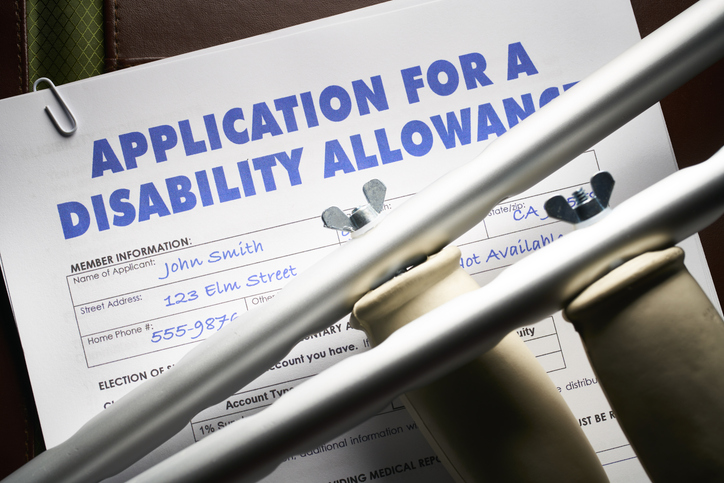Domiciliary Care Allowance is currently paid at a rate of € 340.00 per month. The payment is not means tested and is made to the parent or guardian of a child under 16 who as result of a disability, requires “continual or continuous attention substantially in excess of the care and attention normally required by a child of the same age”. To qualify the emphasis is therefore placed upon the “care and attention” required by a child because of their disability. A person who is aggrieved by a decision relating to their application for domiciliary care allowance on appeal may have recourse to potential avenues of redress which may invalidate an appeals officers’ decision. In a recent decision of the High Court in L.A. Applicant and The Chief Appeals Officer & Ors [2024] IEHC 187, Justice Alexander Owens stated as follows: “Many legal issues relating to decisions of statutory decision-makers are capable of resolution either by a statutory appeal on a question of law or by availing of jurisdiction of the High Court to review lawfulness. Both of these processes are concerned with legality and not with factual merits. An error of law, whether it is identified in a statutory appeal or on judicial review, may invalidate a decision. Any person who is aggrieved by a decision by a statutory decision-maker may have two potential avenues of redress. The first is any statutory right to seek revision of that decision or statutory right of appeal. The second is to invoke jurisdiction of the High Court to review of that decision.”
Domiciliary Care Allowance Qualifying Conditions.
The Conditions to qualify are set out in the Social Welfare Consolidation Act 2005 and amongst other factors, the following is applicable:
(a) A qualified child is defined as a person who is under the age of 16 years
(b) In order to qualify for domiciliary care, a child must have a “severe disability” which has been certified as such by a medical practitioner and furthermore that arising from that disability a child requires continual or continuous care and attention substantially in excess of the care normally required by a child of the same age.
(c) The child is ordinarily resident in the state
(d) A qualified person for the purposes of receiving domiciliary care allowance in respect of a qualified child provided the child normally resides with that person and that person provides for the care of the child.
Should you wish to read further information in relation to your legal rights under the Disability Act 2005 and relating to the Assessment of Need Procedures and Applications please click on the following links for further information.
Appealing A Refusal?
If you have been refused your application for domiciliary care allowance, you have a right of appeal which must be submitted 21 days from the date of notification of the decision. You may also request a review of the decision of the deciding officer. Following receipt of an appeal and a determination, the decision of an Appeals Officer is generally final and conclusive; however, the Appeals Officers’ decision may be revised in certain circumstances:
(1) Section 317 of the Social Welfare Consolidation Act, 2005 which provides that an appeals officer may revise any decision of an appeals officer, where it appears that the decision was made in error in light of
new evidence or facts.
(2) The Chief Appeals Officer has the power under Section 318 of the Social Welfare Consolidation Act, 2005 to revise any decision where it appears to him or her that the Appeals Officer’s decision was erroneous by some reason mistake made by the Appeals Officer relating to the law or the facts.
(3) An appeal to the High Court on any question of law in accordance with Section 327 of the Social Welfare (Consolidation Act 2005).
If your decision has been refused on Appeal and you wish to discuss your potential avenues of redress, please get in touch by contacting us at (01) 8338147 or 0858601850 alternatively you can email us at [email protected]. Telephone and Video call consultations are available by appointment.

